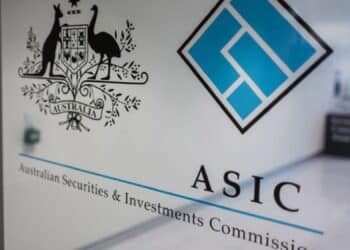The Self-Managed Superannuation Fund Professionals’ Association of Australia (SPAA) has sought to dispel some of the common myths about do-it-yourself super funds.
Speaking at the Association of Superannuation Funds of Australia conference in Brisbane, SPAA technical director Peter Burgess tackled the myth that people with SMSFs tend to be "old and rich". While he acknowledged the average balance of a self-managed superannuation fund (SMSF) was $900,000, he said a small number of very high-balance accounts skewed the data.
The median figure of $300,000 gave a better picture of the state of SMSF account balances, Burgess said.
As for the ages of SMSF members, he said that 30 per cent were under 50 years of age. He added that the average age of SMSF members was declining.
Another ‘myth’ about SMSFs was that there would be a problem when SMSF trustees reached their mid-80s and could no longer administer their funds.
However, Burgess said this was not a problem, since under Section 17A of the SIS Act SMSF trustees can appoint a person to administer the fund when they are no longer capable. He added that another option was to covert the SMSF into a small-APRA fund, which wouldn’t mean closing the fund.
Another big ‘myth’ was the issue of financial planners and accountants overselling SMSFs, Burgess said. While he acknowledged that some instances of overselling were occurring, he said the data suggested the practice was not widespread.
"It seems to be me that if we had a problem with overselling we would expect to see a downward trend in the average balance of SMSFs. That is clearly not happening – the average balance and the median is increasing," Burgess said.
He added that an increase in overselling should also be accompanied by an increase in compliance breaches – something that he said was not happening.





